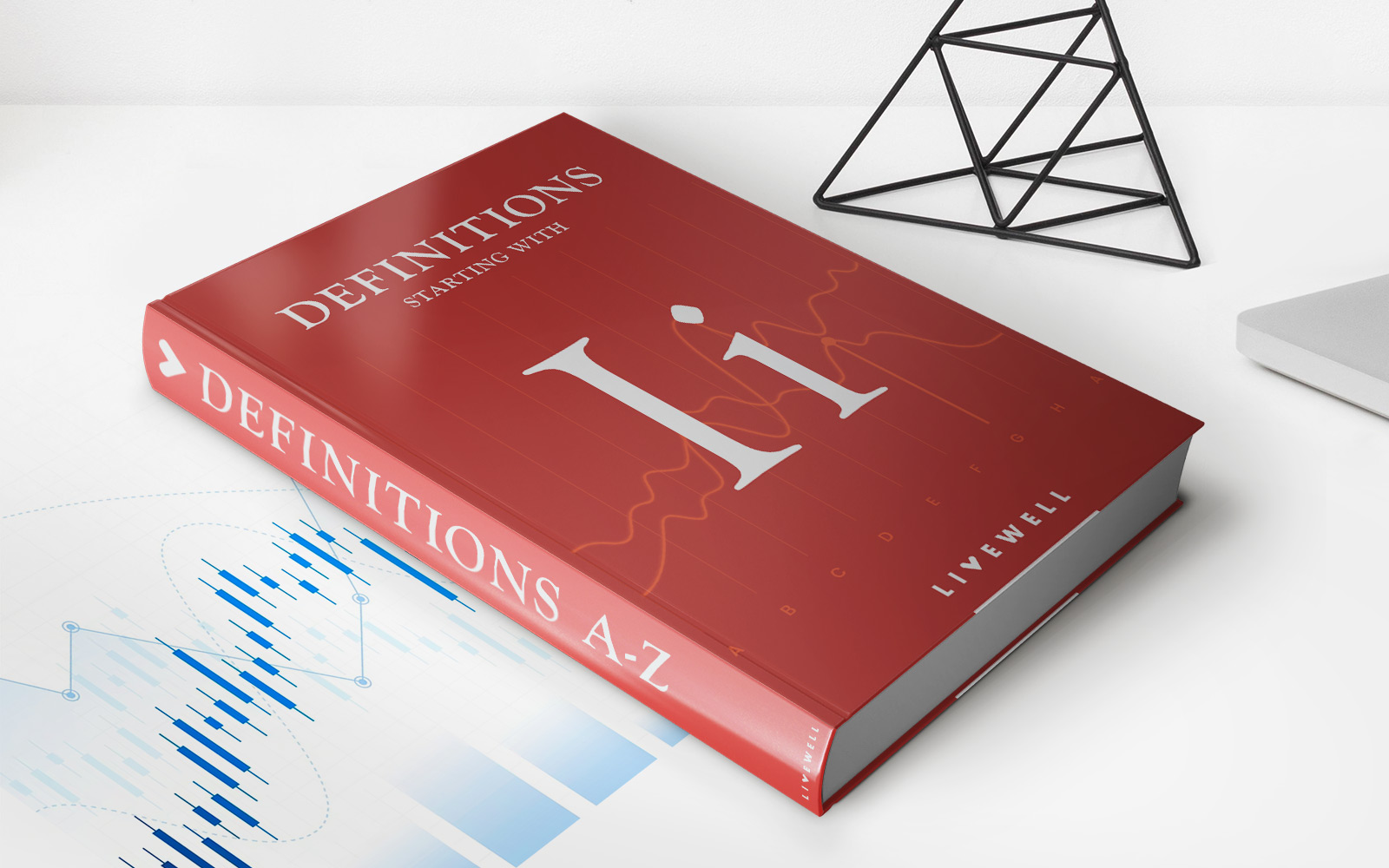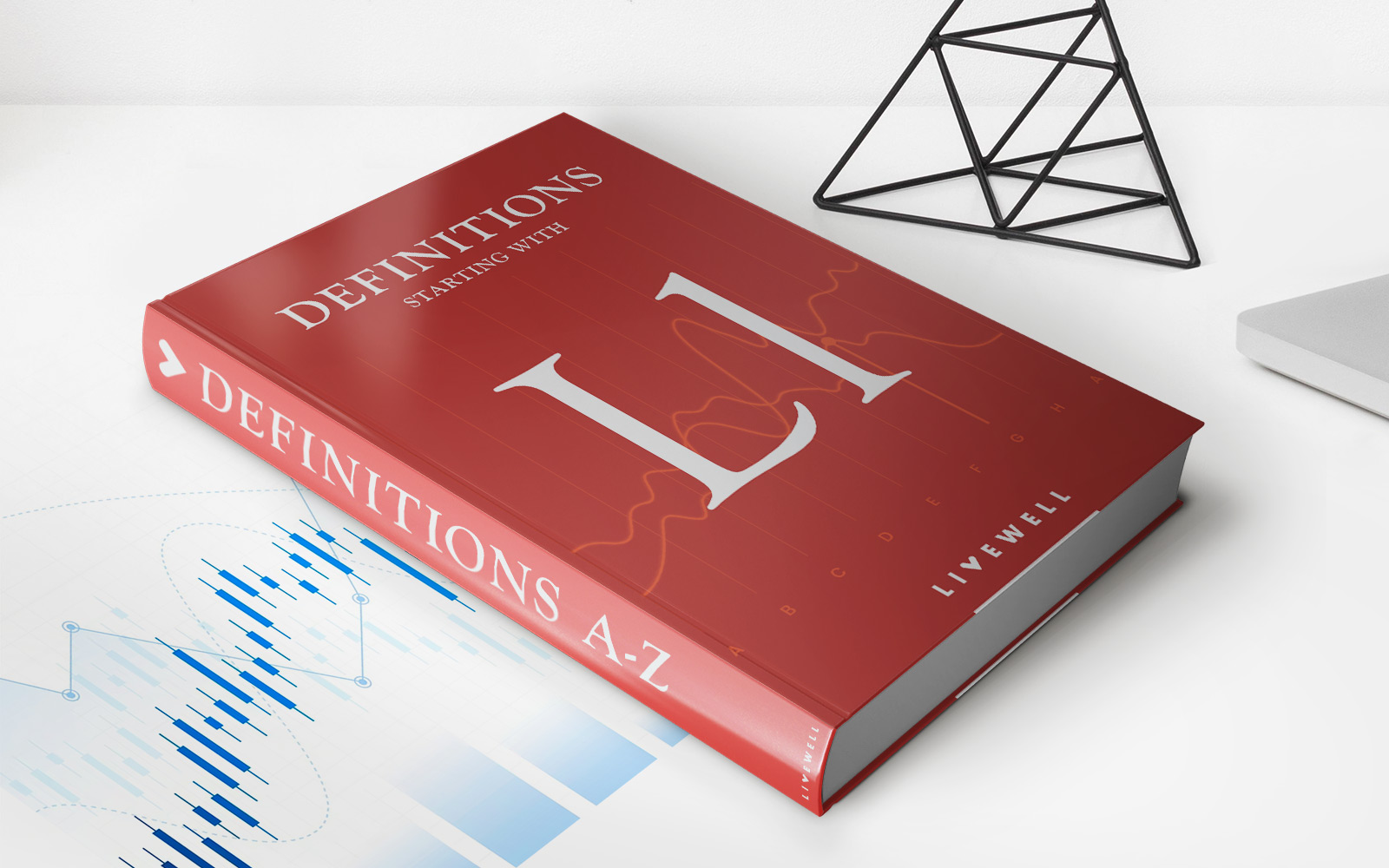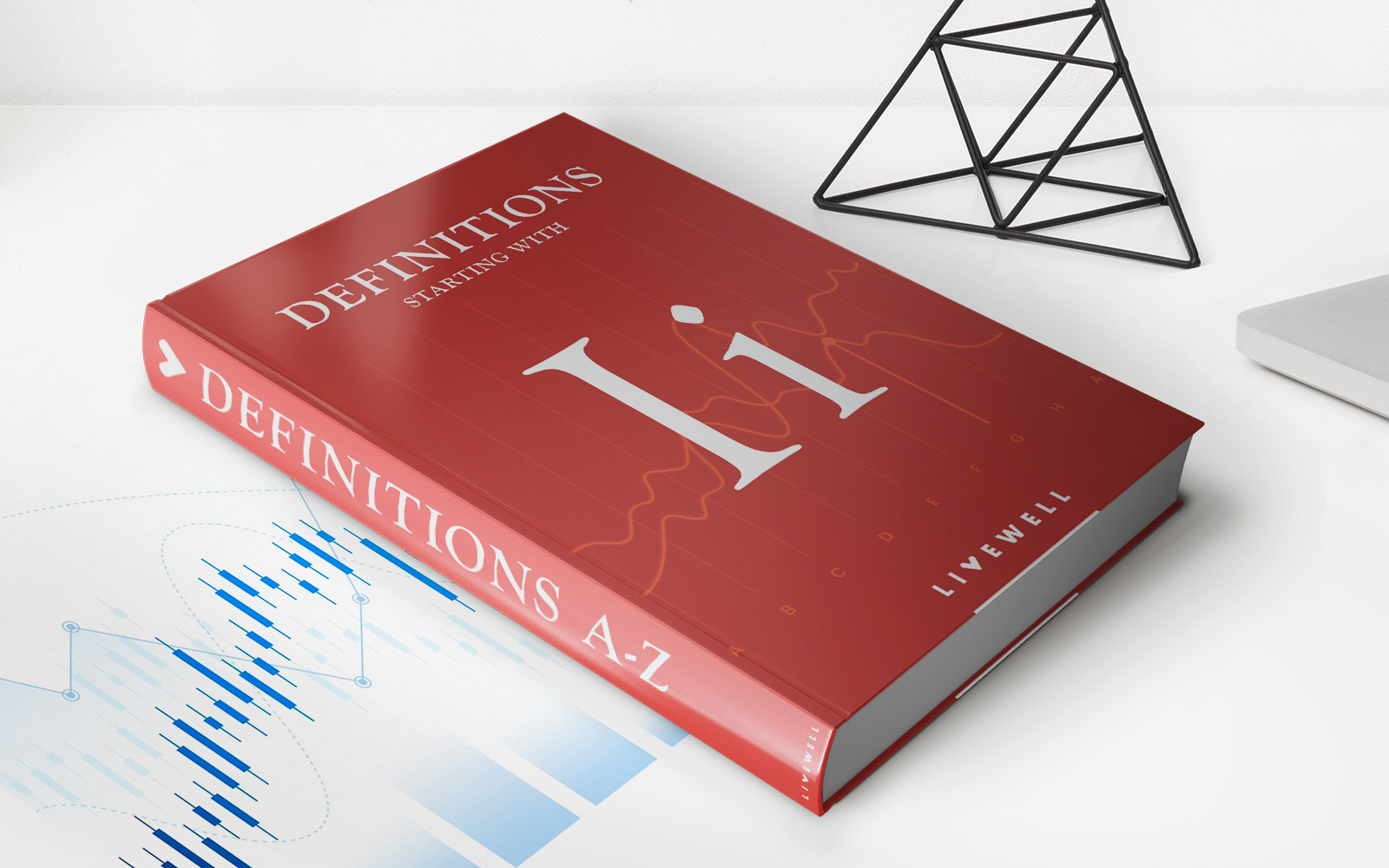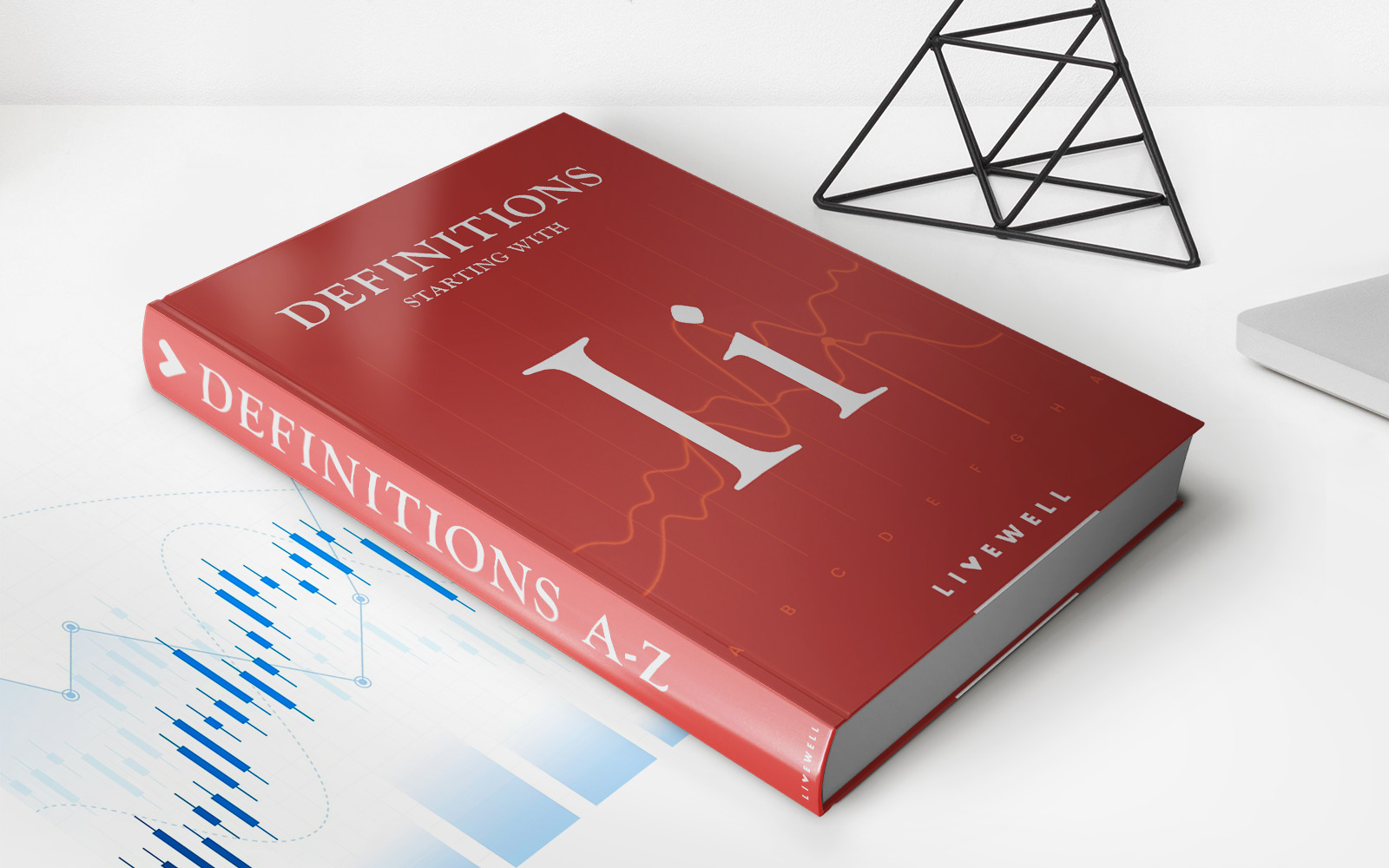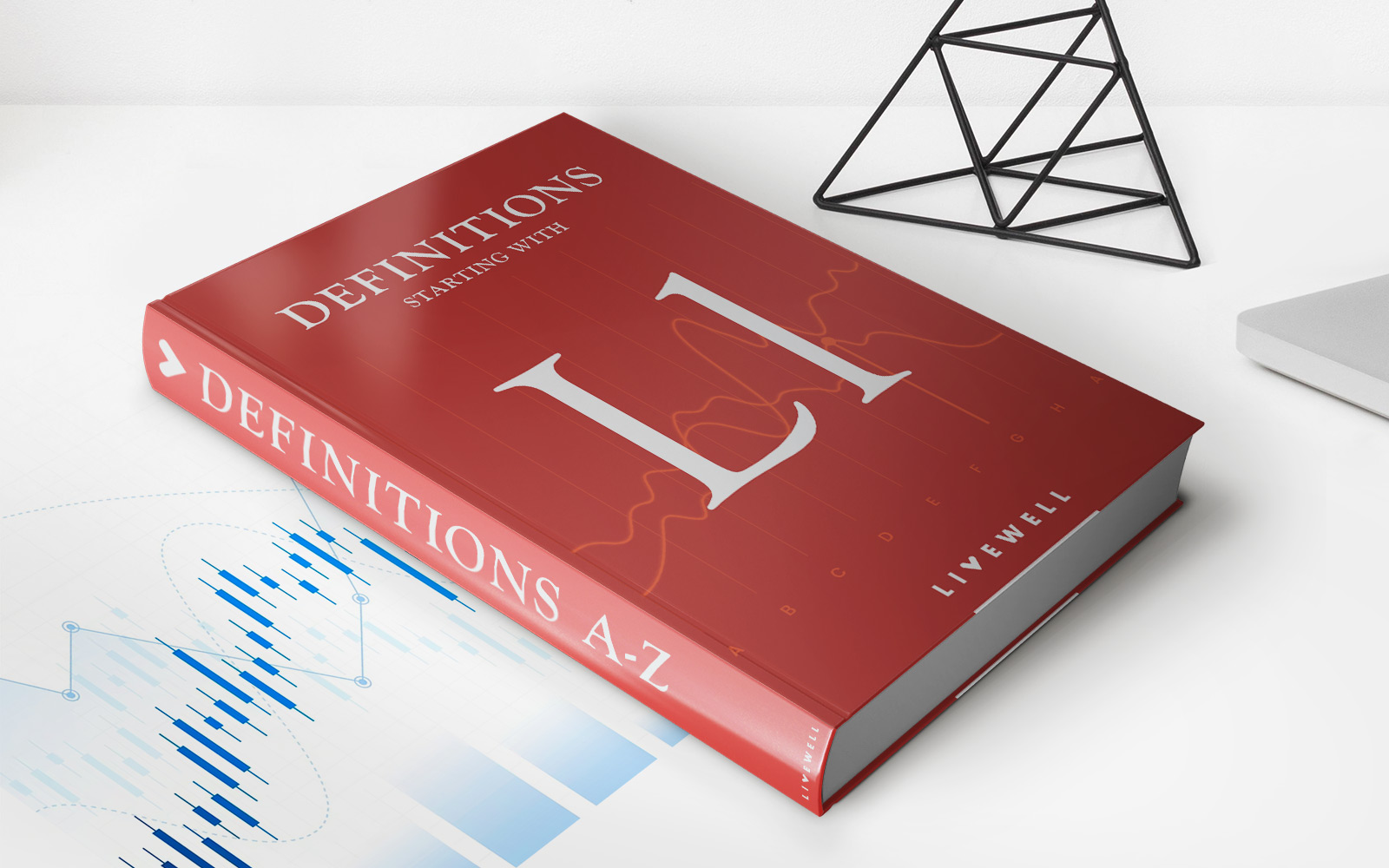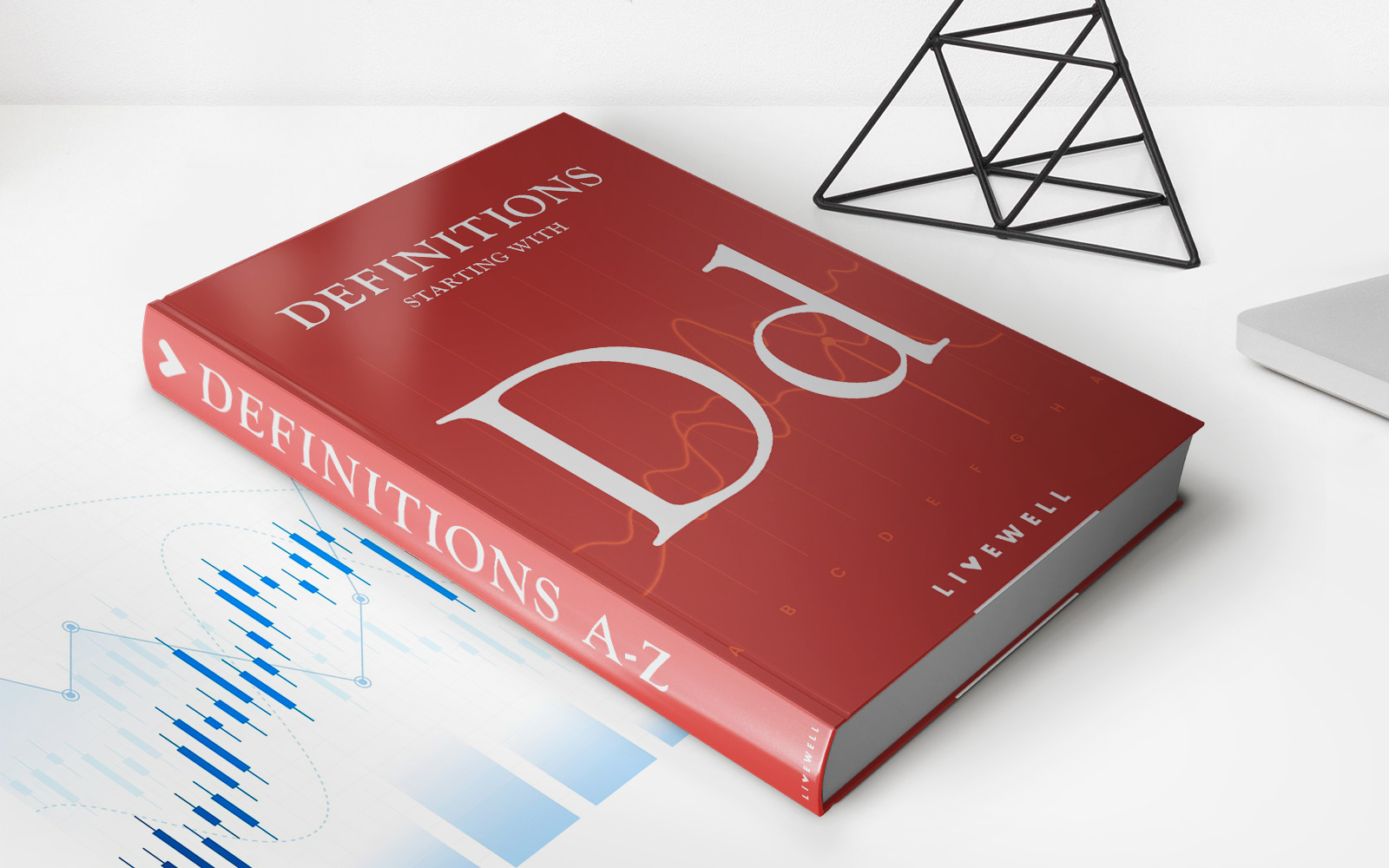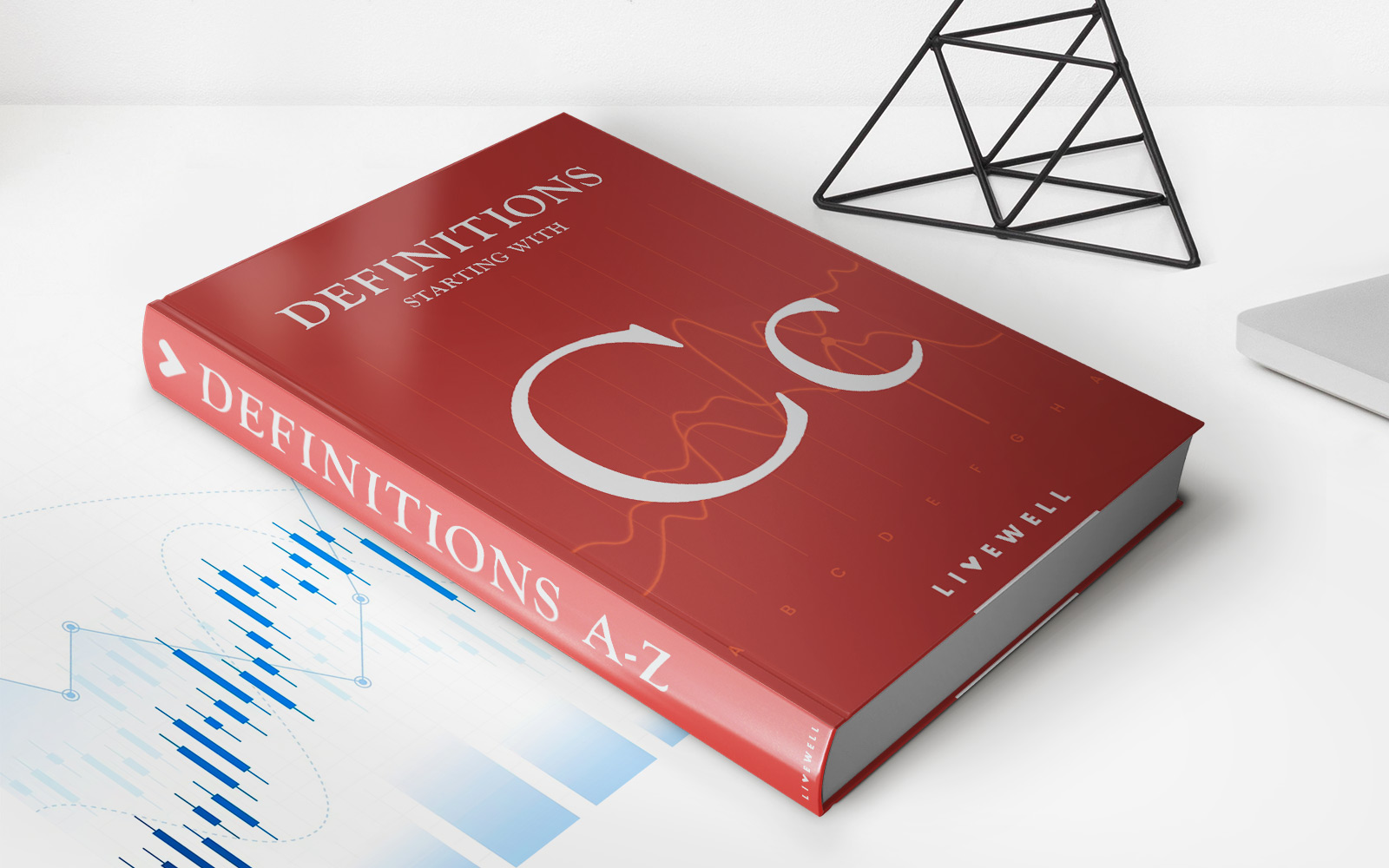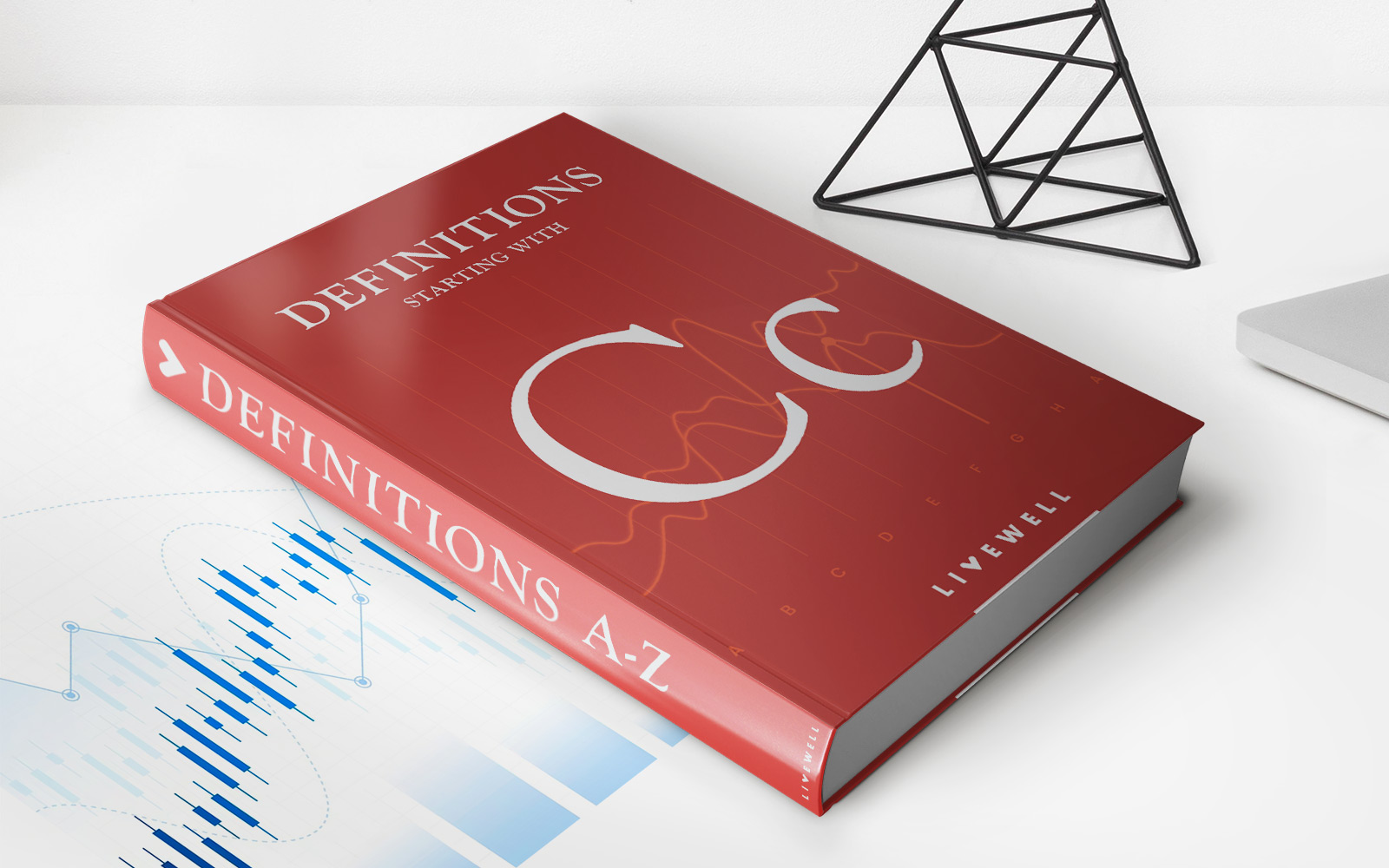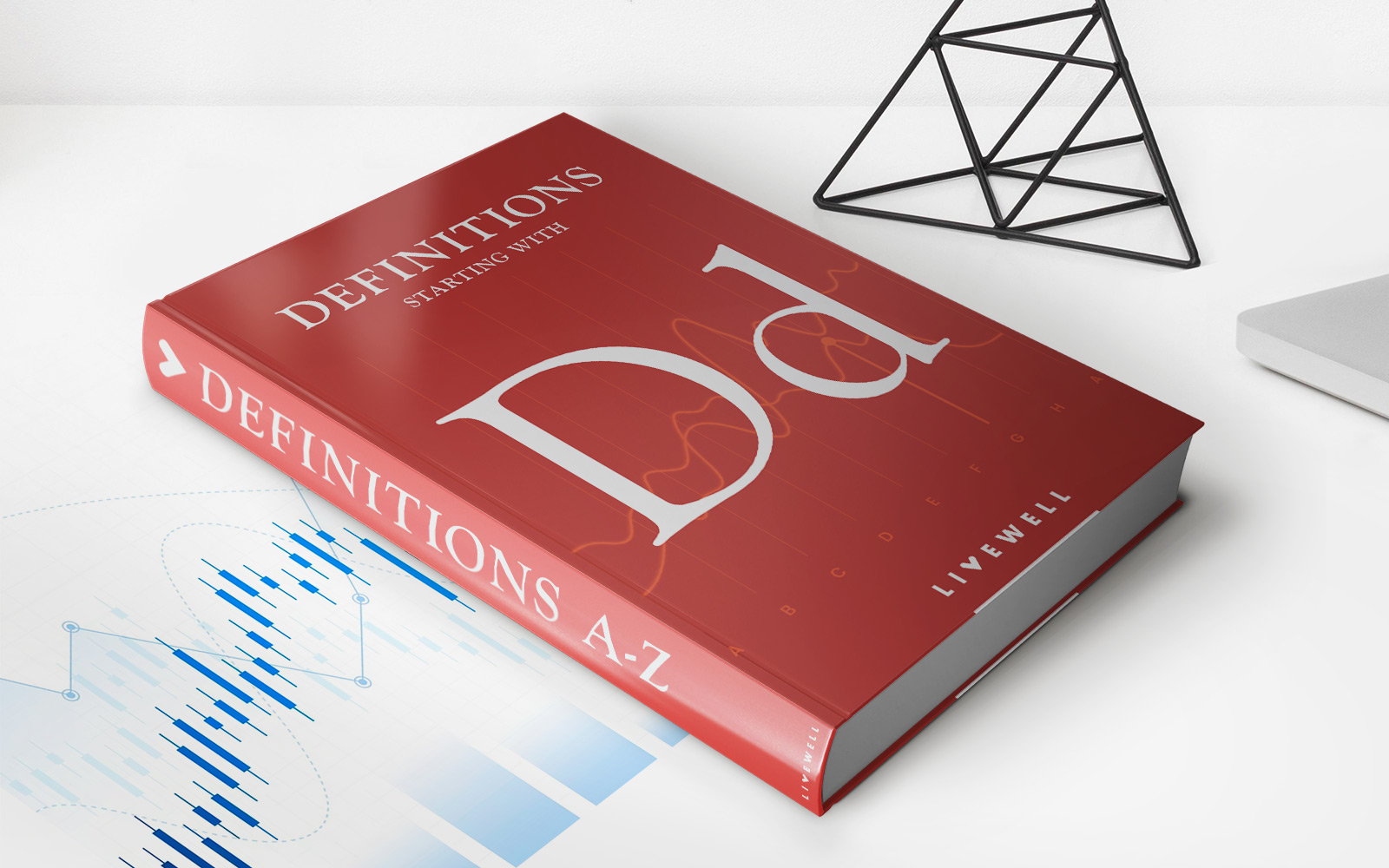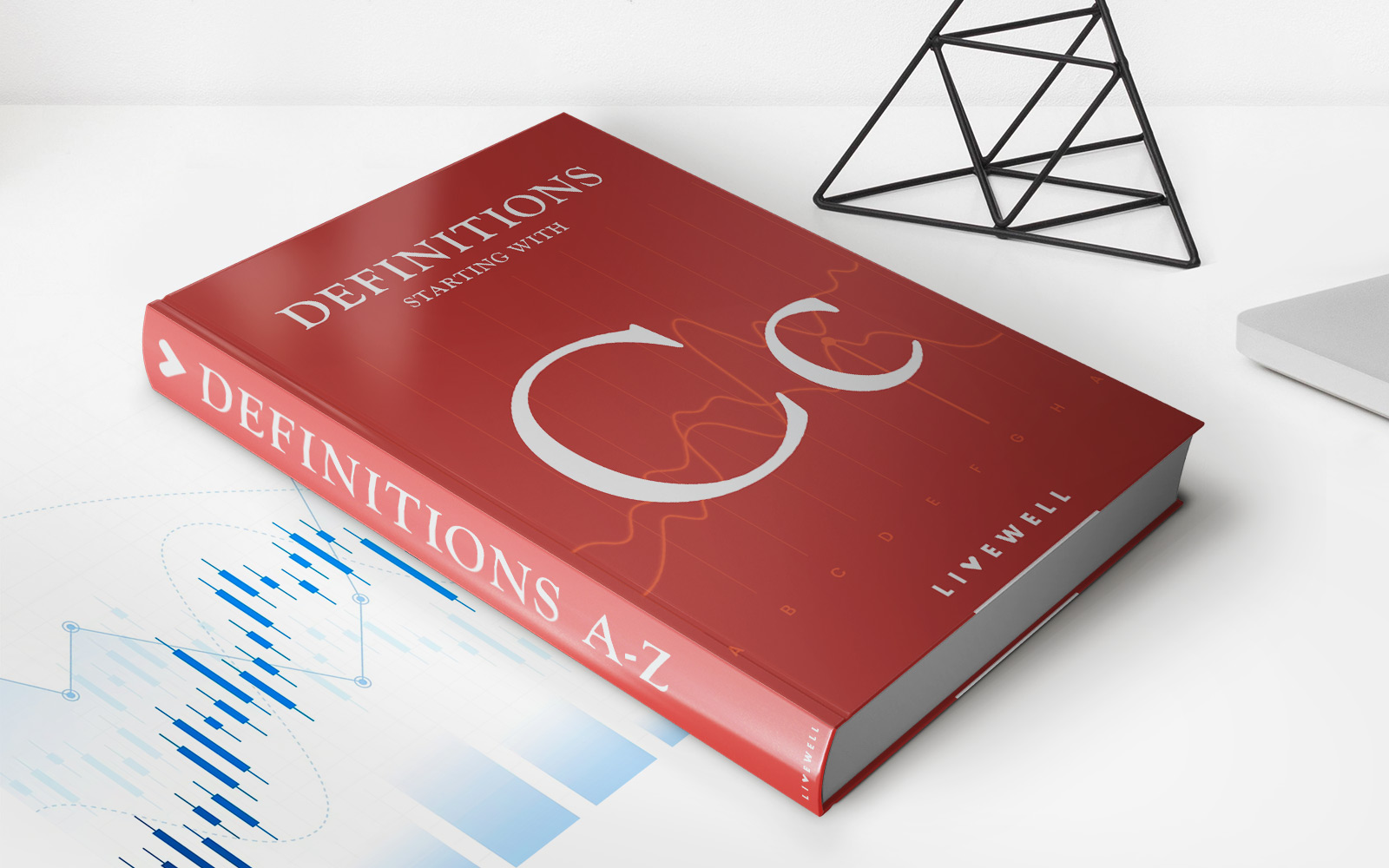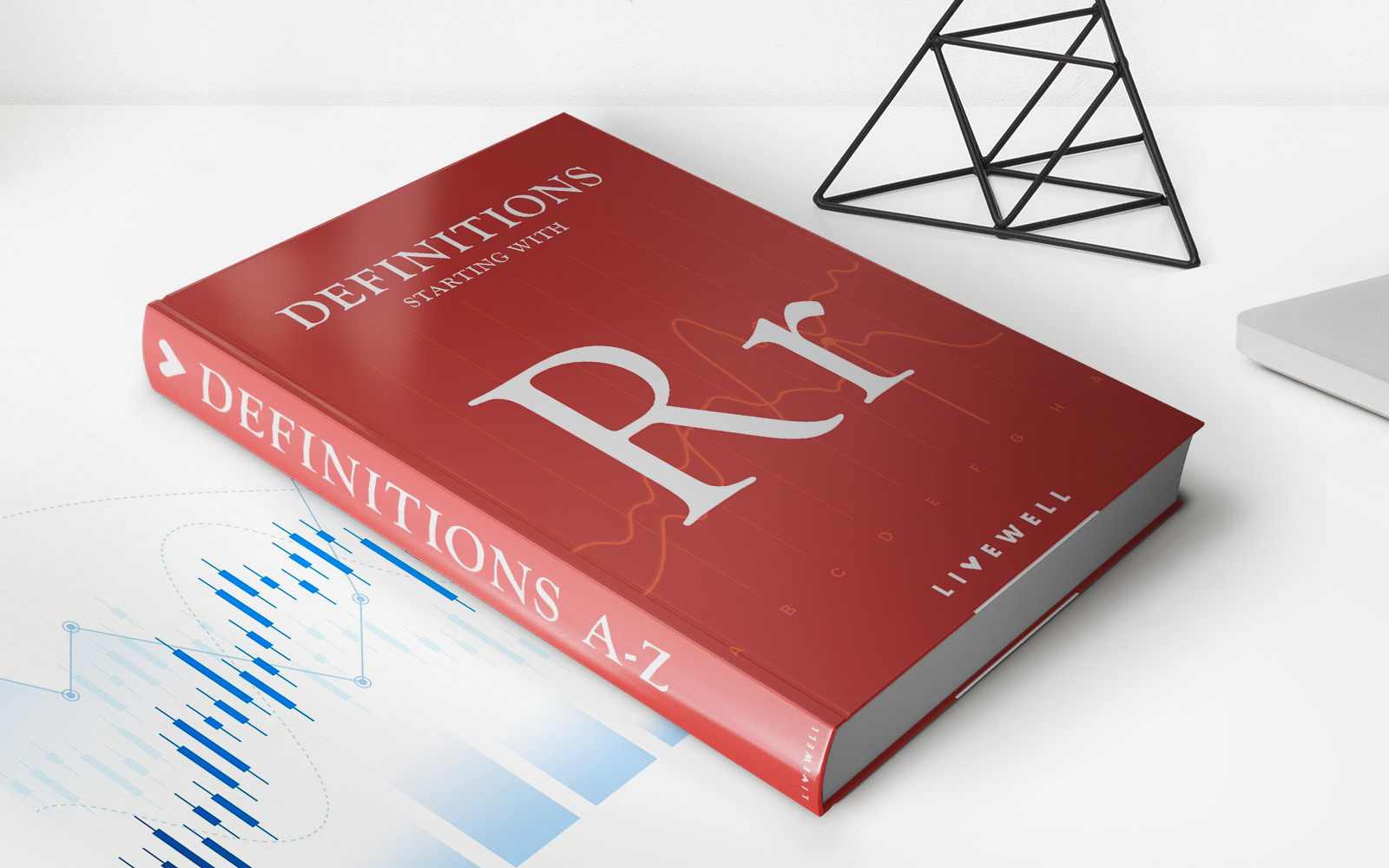Home>Finance>Incremental Cost: Definition, How To Calculate, And Examples
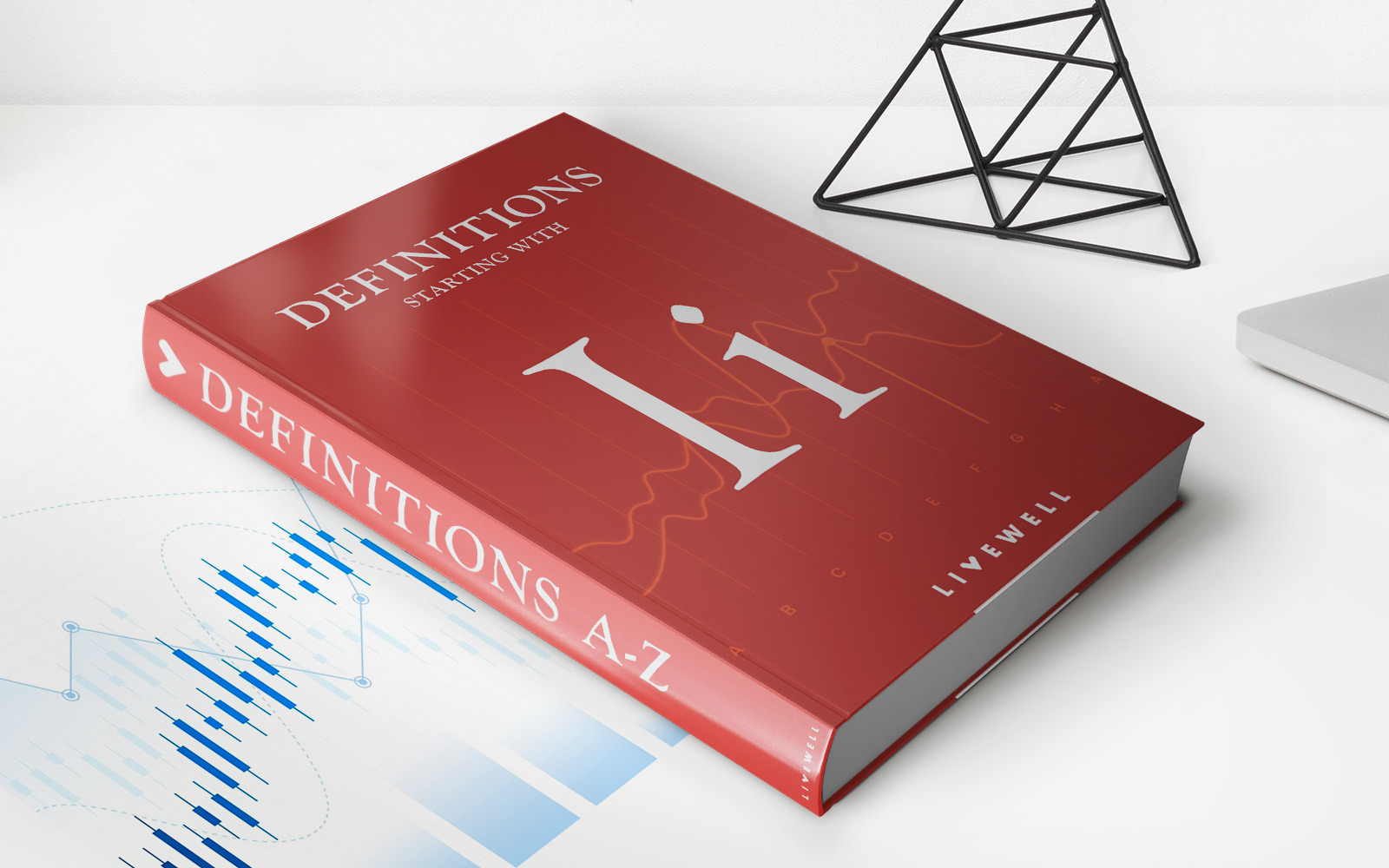

Finance
Incremental Cost: Definition, How To Calculate, And Examples
Published: December 8, 2023
Learn about the definition and calculation of incremental costs in finance, along with examples, to better understand their significance in financial analysis.
(Many of the links in this article redirect to a specific reviewed product. Your purchase of these products through affiliate links helps to generate commission for LiveWell, at no extra cost. Learn more)
Incremental Cost: Definition, How to Calculate, and Examples
When it comes to managing finances effectively, understanding incremental cost can make a significant difference. Incremental cost, also known as the marginal or differential cost, refers to the additional cost a business incurs when producing or selling an additional unit of a product or service. It is a crucial concept for decision-makers, allowing them to evaluate the profitability of specific actions and make informed choices that contribute to the financial success of their business.
Key Takeaways:
- Incremental cost measures the additional expenses incurred when producing or selling an additional unit of a product or service.
- Calculating incremental cost involves determining the change in total cost resulting from the production or sale of one additional unit.
To calculate incremental cost, follow these steps:
- Determine the total cost before the change. This includes all direct and indirect expenses associated with producing or selling the product or service.
- Calculate the total cost after the change. Include the additional expenses directly attributed to the production or sale of the extra unit.
- Subtract the total cost before the change from the total cost after the change to find the incremental cost.
Let’s illustrate this with an example:
ABC Manufacturing produces widgets and typically incurs $10,000 in total costs to produce 1,000 units. They have an opportunity to produce an additional 100 units for a special promotional campaign. The incremental cost calculation would look like this:
- Total cost before change: $10,000 (1,000 units)
- Total cost after change: $10,500 (1,100 units)
- Incremental cost: $10,500 – $10,000 = $500
In this case, each additional unit costs $50 ($500 divided by 100 units), making it easier for ABC Manufacturing to evaluate the profitability of the promotional campaign.
Why is Incremental Cost Important?
Understanding incremental cost allows businesses to make informed decisions regarding production levels, pricing strategies, and other critical aspects of their operations. By having a clear understanding of the additional expenses associated with scaling production or entering new markets, businesses can determine if the potential returns outweigh the costs. This analysis helps in:
- Optimizing production quantities: By comparing the incremental cost to the expected revenue from each additional unit, businesses can determine the most profitable production quantity.
- Pricing decisions: The incremental cost analysis helps businesses establish pricing strategies that not only cover the additional expenses but also generate a profit margin.
- Product and service development: When considering adding new products or services to their portfolio, businesses can evaluate the incremental cost to ensure they align with their financial objectives.
Ultimately, a thorough understanding of incremental cost empowers businesses to make well-informed decisions that can positively impact their bottom line.
Conclusion
Incremental cost provides valuable insights into the financial implications of business decisions. By calculating the additional expenses associated with producing or selling additional units, businesses can make informed choices that help them optimize their operations and maximize profitability. Whether it’s evaluating production quantities, pricing strategies, or new product development, incremental cost analysis is a powerful tool for any business owner or manager looking to make financially sound decisions.
